What to plant in March – 9 of the best flowers, fruits and vegetables to sow in early spring to kickstart your 2025 growing season
With the arrival of spring, you will be spoilt for choice when deciding what to plant in March

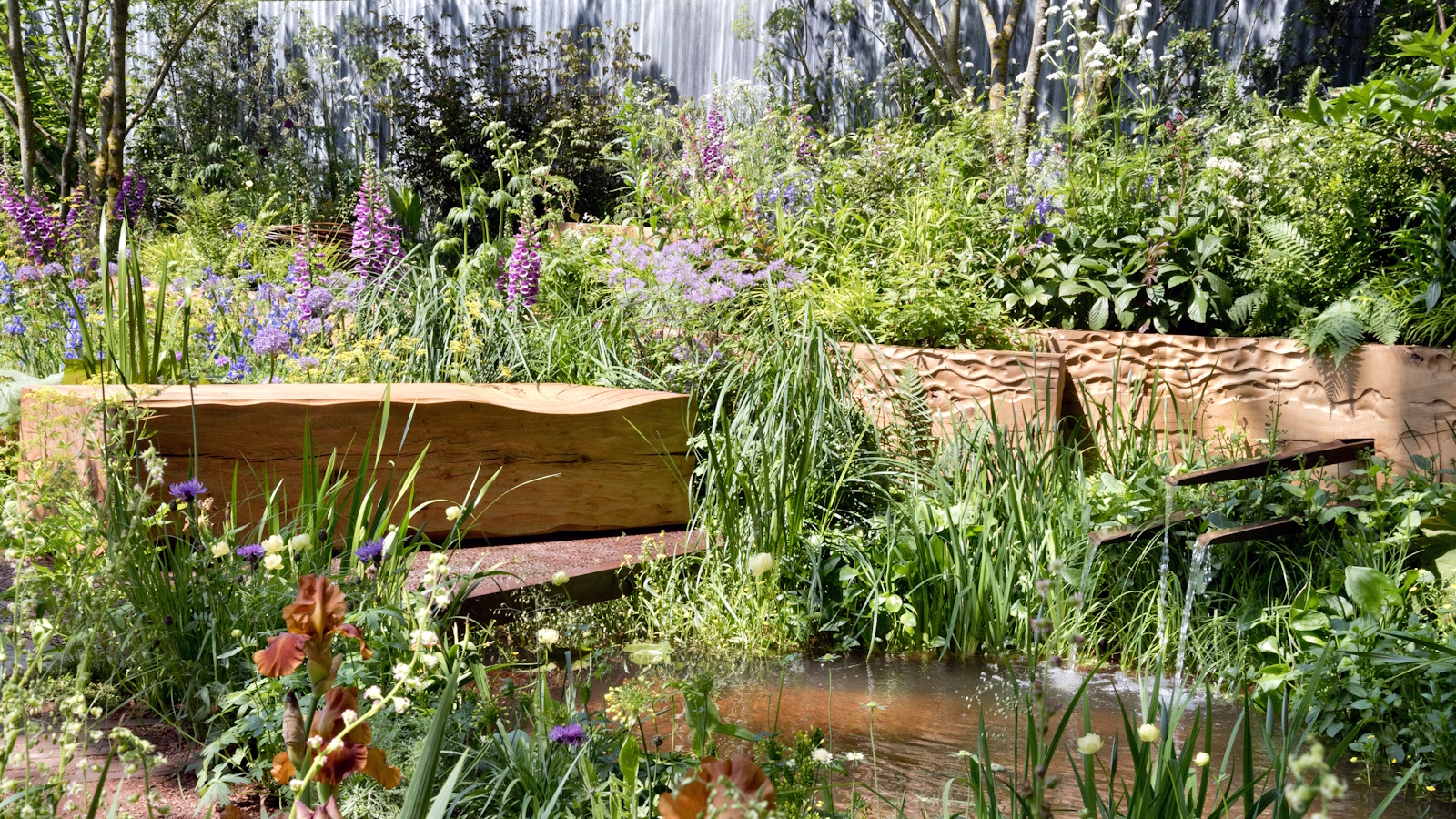
With the arrival of March comes longer days, rising temperatures and the first real chance to get gardening. You are spoilt for choice when deciding what to plant in March. Whether you're a keen kitchen gardener or eager to grow your own cut flowers, now is the perfect time to kickstart your garden and set the stage for a colorful and productive year ahead.
But, before you start randomly picking vegetables and flowers that you like the look of - which we’ve all been guilty of - it is worth planning your planting calendar. As a former professional gardener, I’ve learned that early-season excitement can sometimes result in a glut of vegetables and too few flowers or vice-versa. Instead, think about what you’ll actually use. What vegetables and salads does your family love to eat or which flowers will look best in a vase in your home? Growing what you enjoy and use has a far better chance of success, in my experience.
So, if you are looking for spring garden ideas or wondering what to plant in March, this list has you covered. From beginner-friendly crops to standout new seed varieties for 2025, here are nine of my favorite flowers, fruits and vegetables to plant this month.
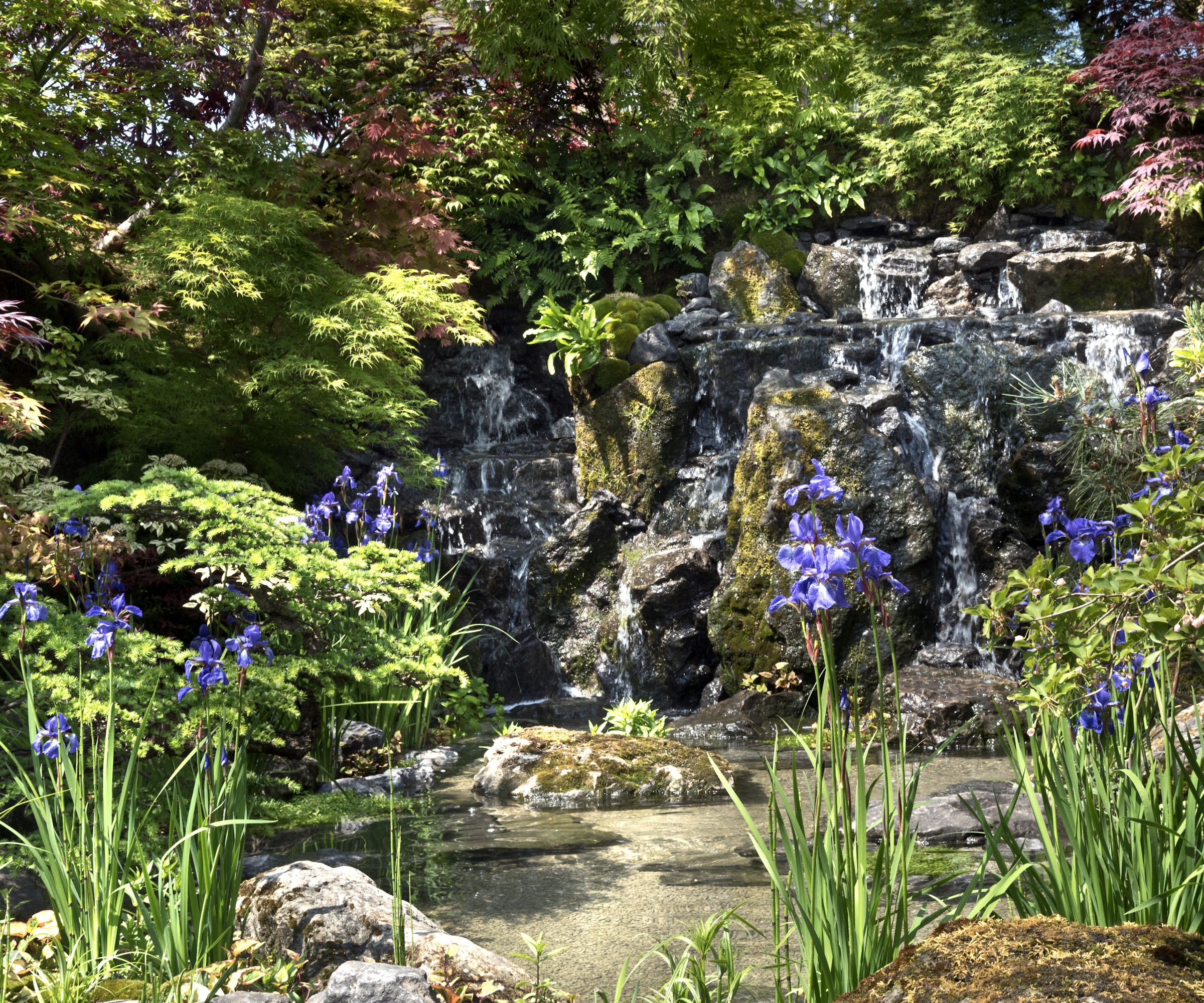
What to plant in March
Whether you want to fill your borders with blooms or get a head start on homegrown fruits and vegetables, March offers plenty of opportunities for gardeners in every region. Timing is everything, however, and your US hardiness zone will determine what you can sow directly in the yard and what needs to start indoors, safe from frost.
In cooler, northern regions, including Chicago and New York, planting and sowing outdoors in March can be risky, with cold weather, snow and frost still likely. Keep one eye on the garden and one eye on your weather app to be safe.
Flowers to sow in March
The list of flowers to sow in March is fortunately long. Many hardy annuals can be sown directly outdoors or started indoors, including cosmos and calendula. If you are planning a cut flower garden this year, here are three options that look just as good in a vase as they do in the garden.
1. Ammi
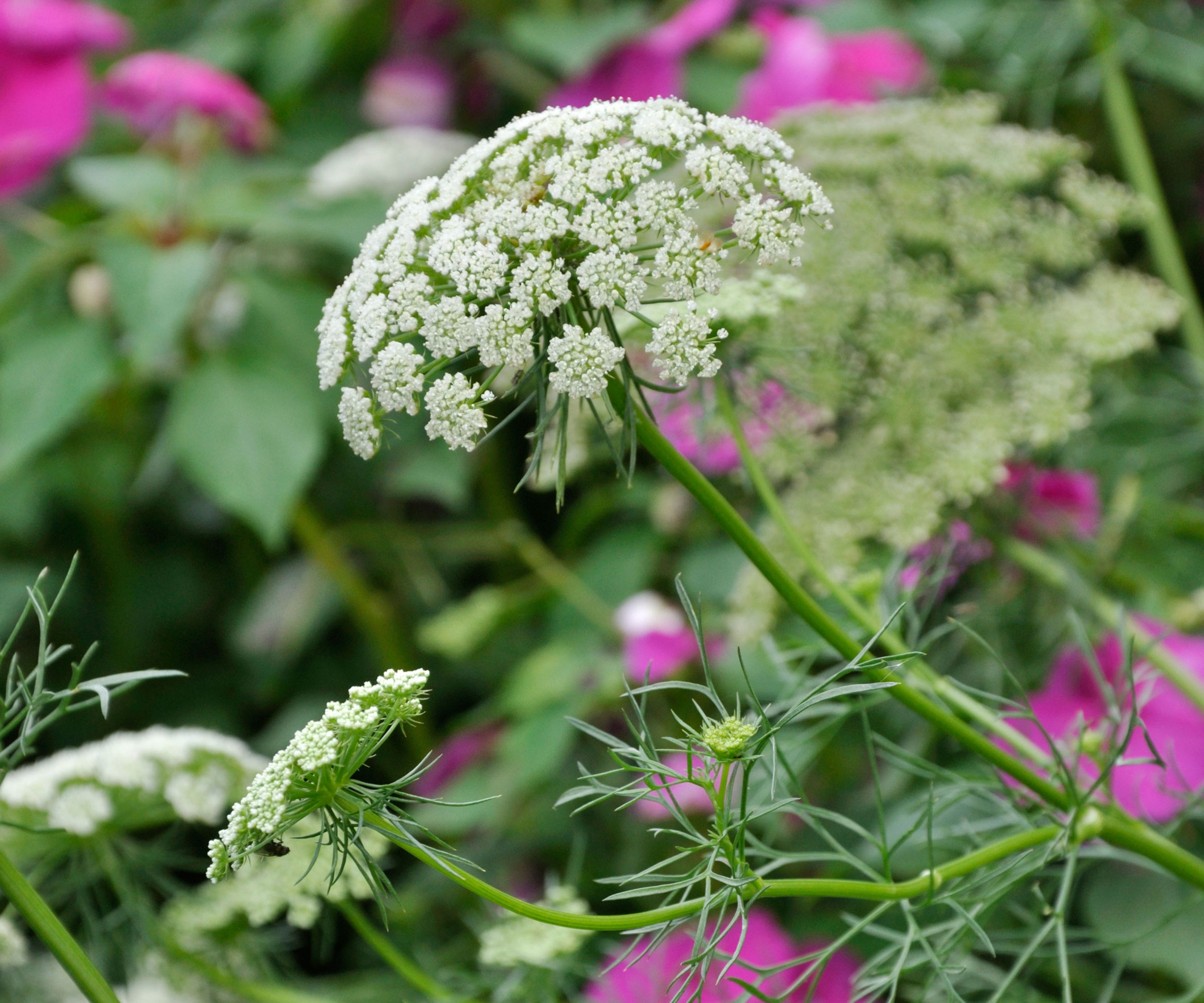
Ammi is one of the best cutting garden flowers, with cloud-like white flower heads and elegant filigree foliage that elevates any vase display. The white blooms make this a perfect plant for pollinators, allowing butterflies and bees an easy landing during summer.
Design expertise in your inbox – from inspiring decorating ideas and beautiful celebrity homes to practical gardening advice and shopping round-ups.
There are two popular species: Ammi majus and Ammi visnaga, both of which are beautiful but I have found that the latter produces stronger stems and has a more compact habit, reaching a height or three or four feet. Ammi visnaga seeds are available to order from Amazon.
This plant can be started indoors in March, although I would advise caution when you eventually plant outdoors in May. Ammi is a member of the carrot family and, like carrots and parsnips, produces a tap root. Transplant carefully to avoid excessive root disturbance. For a safer growing method, you can grow Ammi in biodegradable seed pots, available from Walmart, which can be planted directly in the yard later in spring.
2. Chinese forget-me-nots
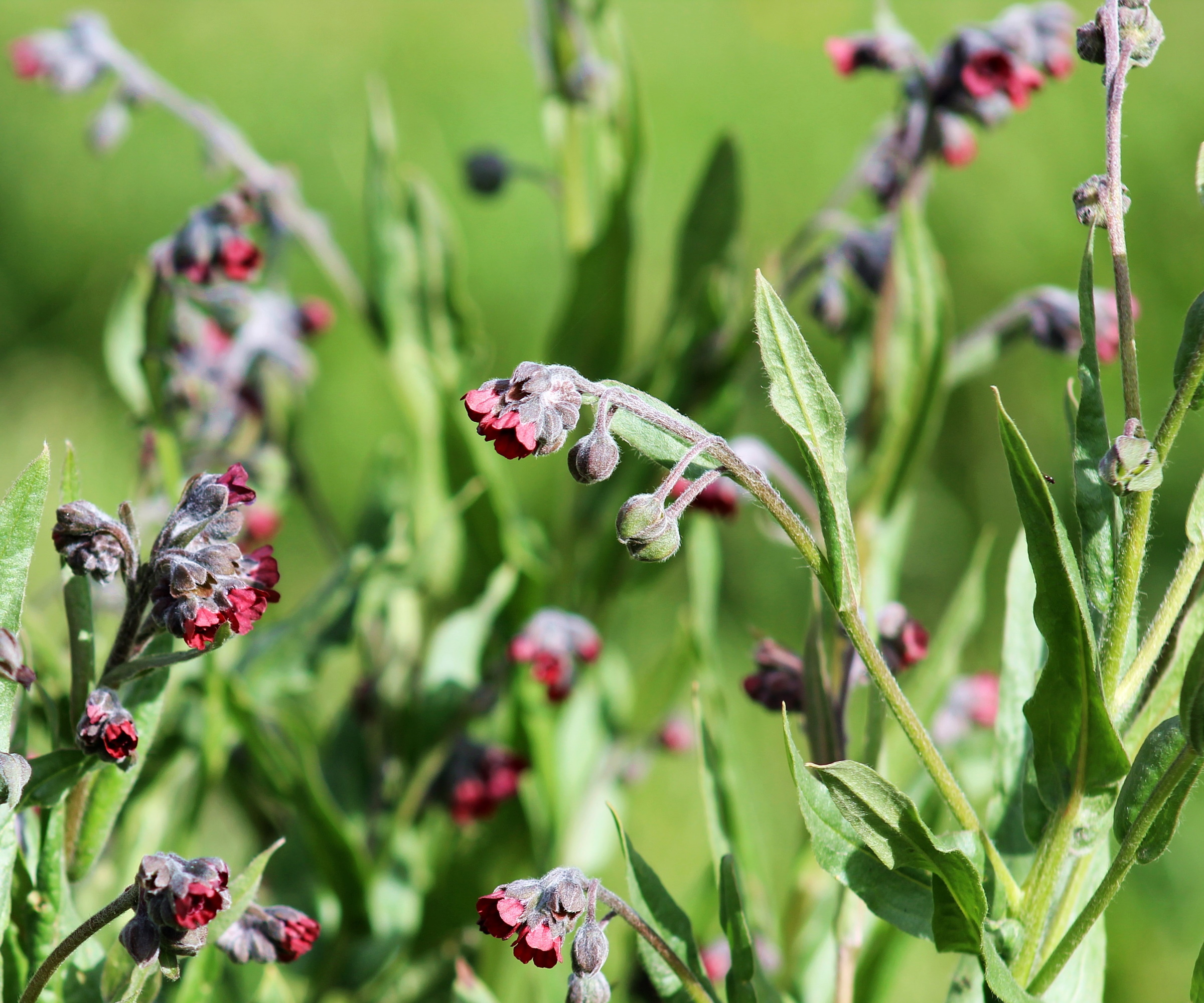
Chinese forget-me-nots, or Cynoglossum amabile, are fast-growing flowering annuals that are remarkably easy to grow. When working as a gardener at a private estate in South Wales, we used Cynoglossum amabile throughout the kitchen garden, sowing it directly in random places to add pops of color throughout the space.
Chinese forget-me-nots will bloom in the first year and tend to grow to a height of one to two feet tall with sprays of pink, purple or blue blooms. It does tend to self-seed, but I like the cottage garden aesthetic whereby flowers find a way of germinating in the middle of vegetable beds or a crack in the paving.
Sow indoors in March, around four weeks before the last frost in your region. In southern regions, such as US hardiness zone 9, sowing in early March will be fine, whereas in cooler areas, sowing a little later in the month is optimal. You can then transplant your seedlings outside after the last frost.
Chinese forget-me-not seeds are available online from Walmart.
3. Zinnias
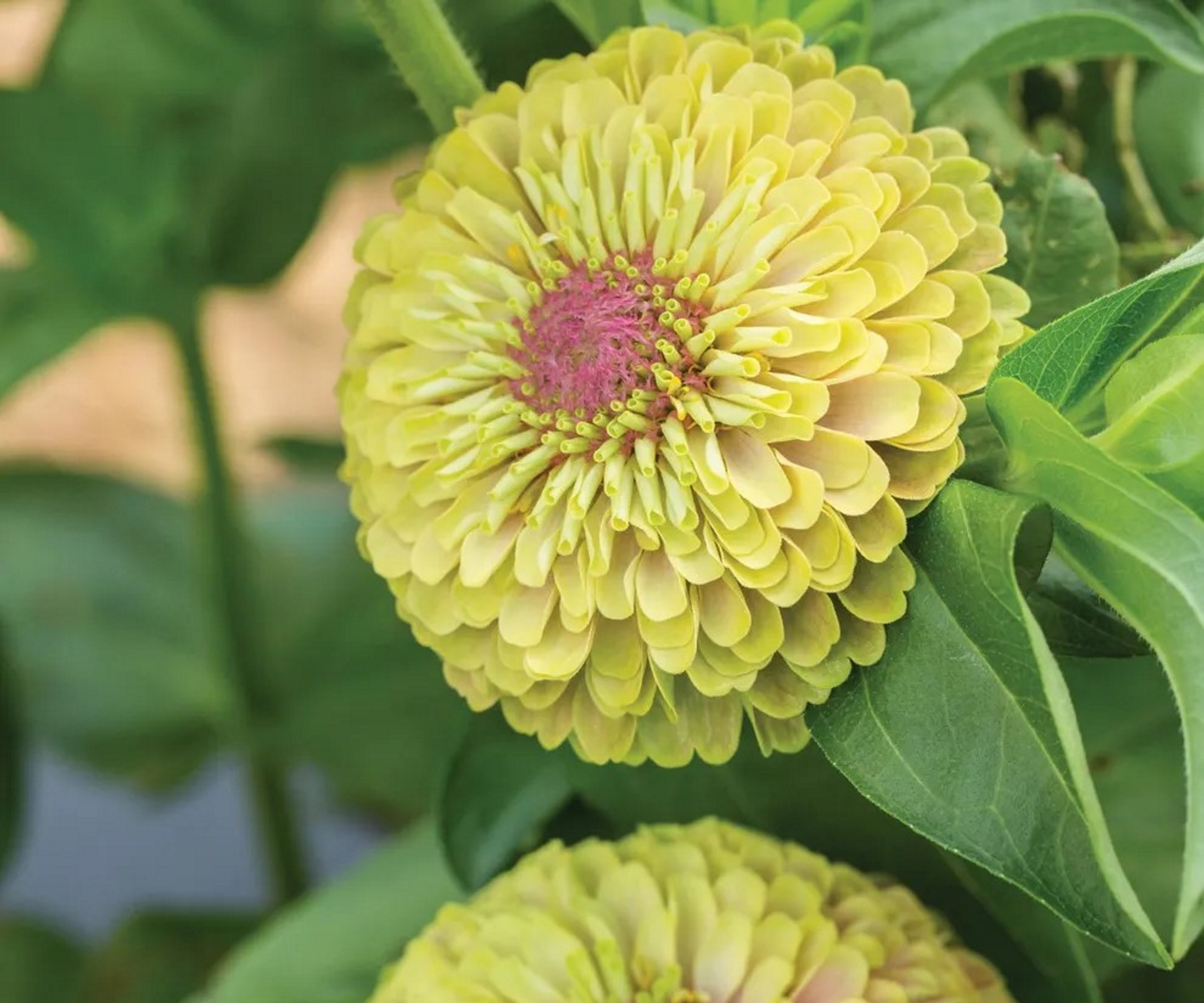
There are so many different zinnia varieties to try, and all look impressive in a vase. Whether you enjoy Barbie-pink flowers or want to grow more muted tones, there is a zinnia for every style of garden.
If you want to try something different for 2025, the recently launched 'Queeny Lemon Peach' zinnia, available from Burpee, has large blooms that open in a range of rose, lime and orange shades. This variety is sure to be popular with flower growers this year.
You can plant zinnia seeds indoors during March, usually 6 or so weeks before your last frost. Placing the seed tray atop a heated mat can help to improve germination rates. Thin the seedlings as they emerge, and repot into smaller containers when they are large enough to handle.
Vegetables to plant in March
If you reside in a colder region, such as US hardiness zone 5, you might need to hold off on sowing vegetable seeds as part of your kitchen garden ideas until later in March, as a sudden cold snap can damage young seedlings. It is always a good idea to have a frost protection sheet, available from Amazon, that you can use if the weather forecast looks concerning. Here are three delicious vegetables to plant in March.
4. Peas
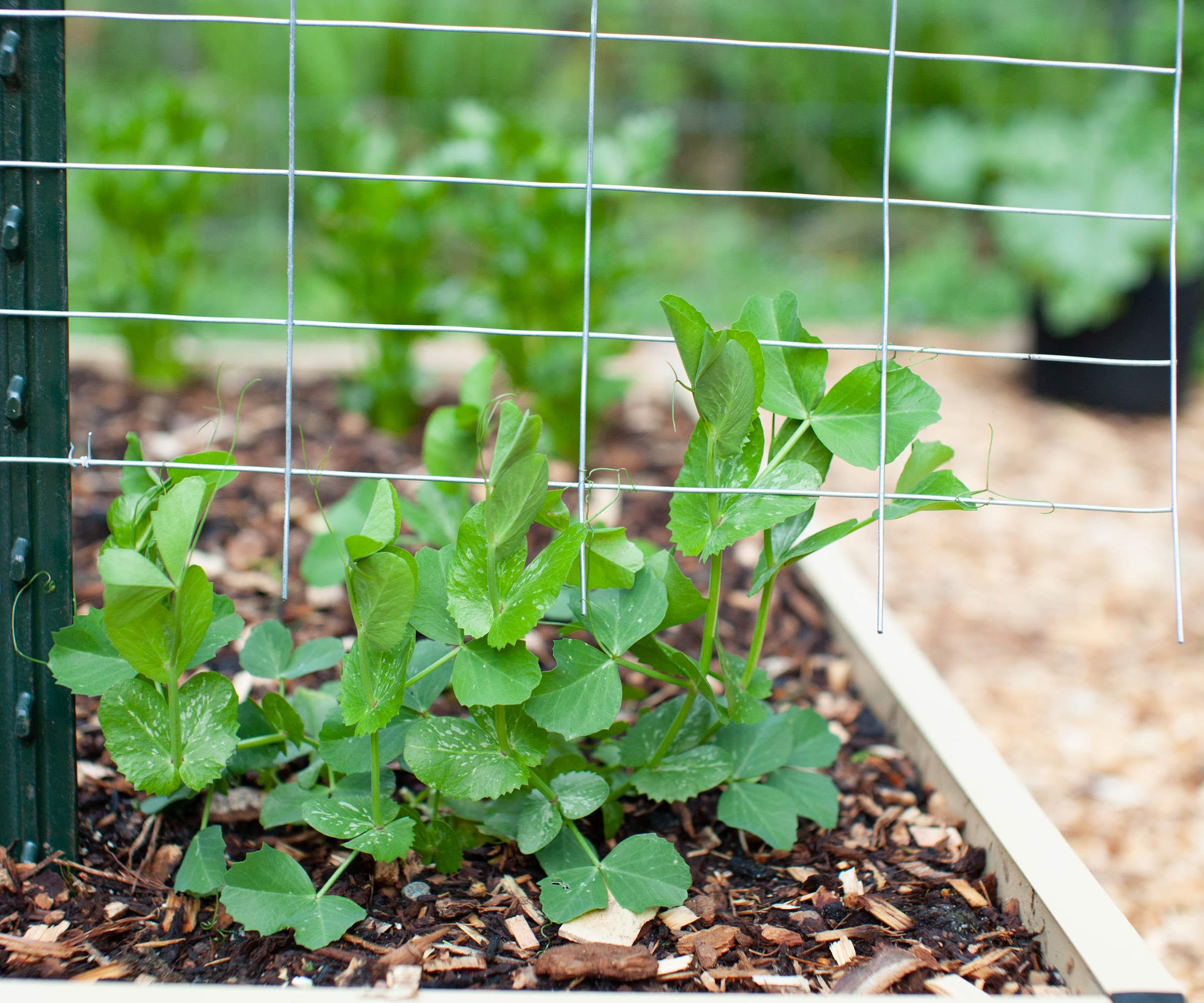
March is an ideal time to direct sow peas into your vegetable bed. Wait until the soil is about 50°F (10°C) before sowing, although you can use cloches to help warm the soil and create a microclimate to hurry the process along. This heavy-duty cloche system, available from Walmart, can also be used to protect crops from butterflies and birds later in the season.
In terms of how to grow peas, using a string line, dig a one to two-inch trench and space pea seeds about two inches apart. Lightly cover the seeds, and give them a good watering. Warmer soil will speed up the process, but you should find little sprouts germinating after one to two weeks.
If you want to grow an heirloom seed variety this year, why not try planting 'Lincoln' pea seeds, available from Burpee? This high-yielding variety was introduced to the market just after World War II and has a sweet flavor that will elevate your summer suppers.
5. Spinach
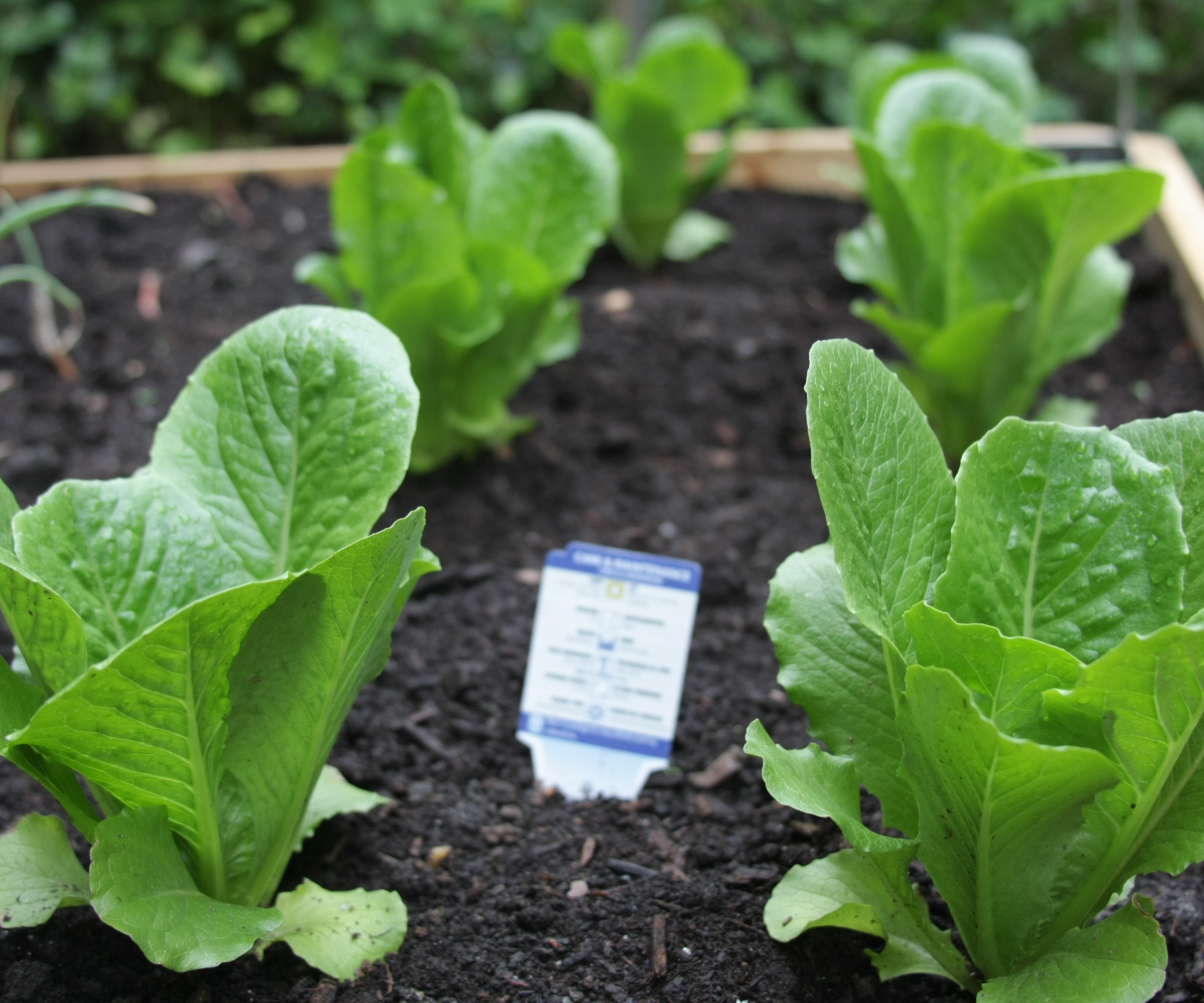
The best time to sow spinach is as soon as the soil becomes workable in early spring, giving your crop plenty of time to germinate and mature before the harsh heat of summer. March, therefore, is a good month to get your spinach seeds in the ground.
Spinach is typically ready to harvest 45 to 50 days after seeding, so you can expect to be harvesting your first leaves before the end of the spring. Expect slower growth if temperatures are particularly cold.
Why not try this variety spinach seed pack, available from Amazon, and grow three different types this year?
6. Fava beans
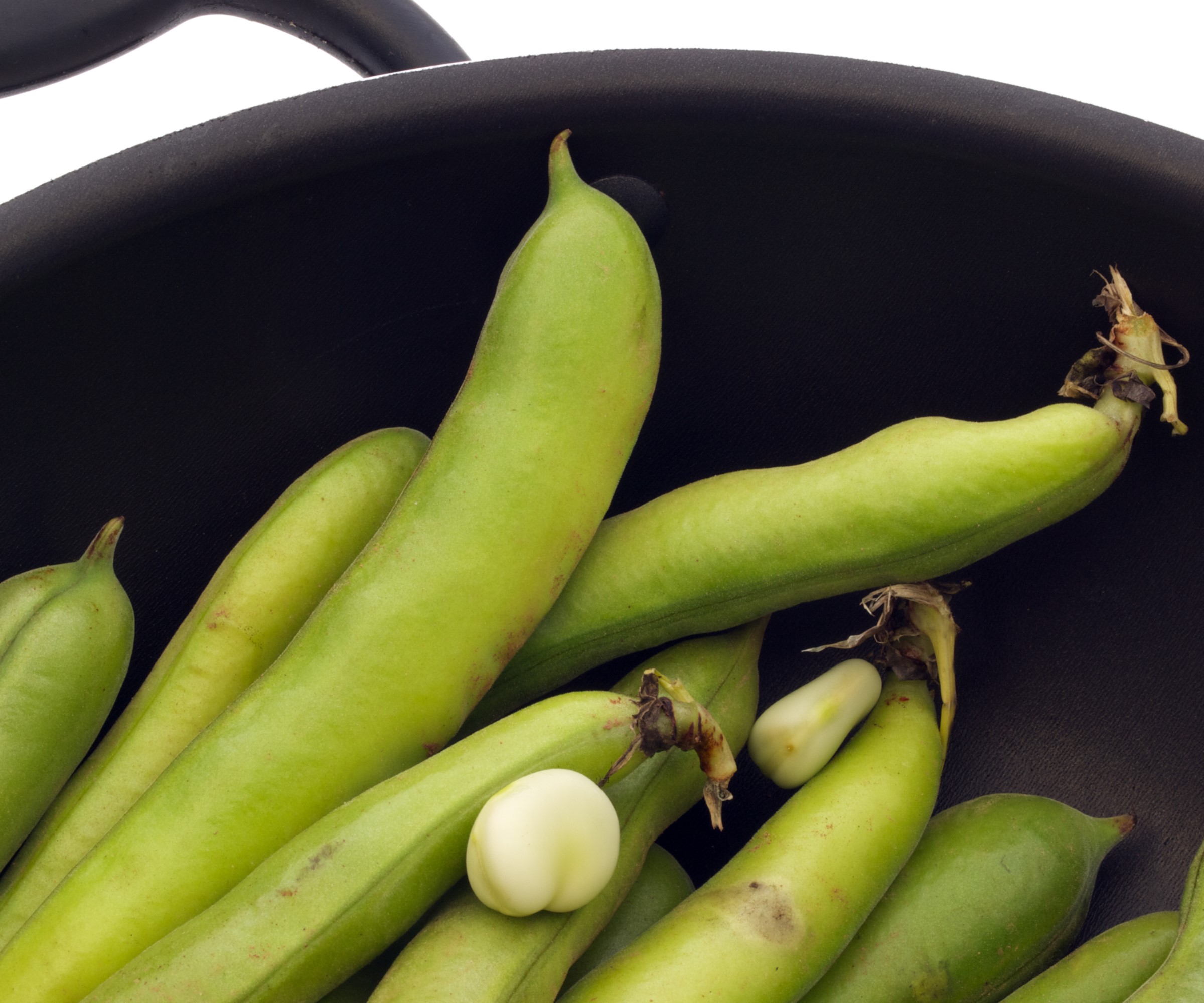
Fava beans, also known as broad beans, are easy to sow outdoors in March for a harvest early in summer. In terms of how to plant fava beans, directly sow them in your kitchen garden. To do this, create a shallow drill that is two inches deep. I find using a hori hori knife helpful for this task, far easier than wielding a larger spade. Try this Fiskars hori hori knife and holster set, available from Amazon, that will prove invaluable for planting and weeding jobs.
Before sowing your beans, water the drills which will ensure good seed-to-soil contact and promote faster germination. Finally, allow for four to six inches of space between each fava bean. They are generally quick to germinate within about five to seven days of sowing, and you can expect rapid growth through spring.
One heirloom variety that has been popular with gardeners for over 100 years is the 'Aquadulce' bean, available from Amazon, which has a nutty, rich flavor.
Fruits to plant in March
March is the last chance for planting many bare-rooted fruit trees, as well as the time to sow or plant many varieties of fruiting crops. In general, late winter and early spring are ideal for planting to give them plenty of time to establish roots before the high heat of July and August. Here are three of my favorite crops and fruit trees for small gardens to plant in March.
7. Mulberry tree
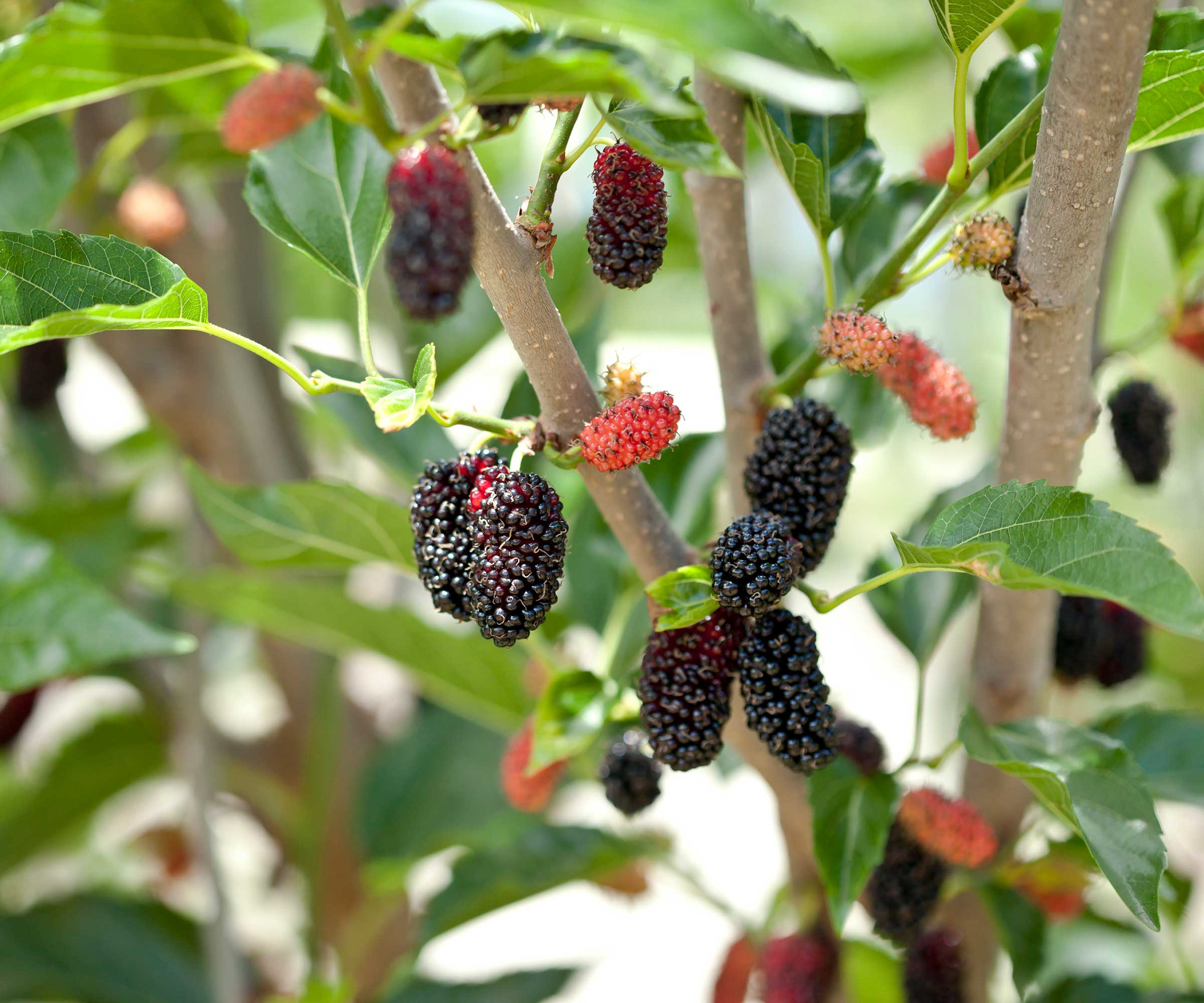
The ideal time to plant fruit trees is when they are dormant, from late fall to early spring. March is therefore the last month you should be planting container-grown and bare-root mulberry trees.
When considering how to grow a mulberry tree, they are suitable for US hardiness zone 4 to zone 8, with a preference for a sunny spot and well-draining soil. The red mulberry, Morus rubra, is a native plant of North America, whereas the black mulberry, Morus nigra, is an import from Asia. Both fruits are sweet and tasty. Live black mulberry plants are available from Perfect Plants Nursery.
Avoid planting the white mulberry, Morus alba, as this species is considered an invasive tree across many states in the US.
8. Strawberries
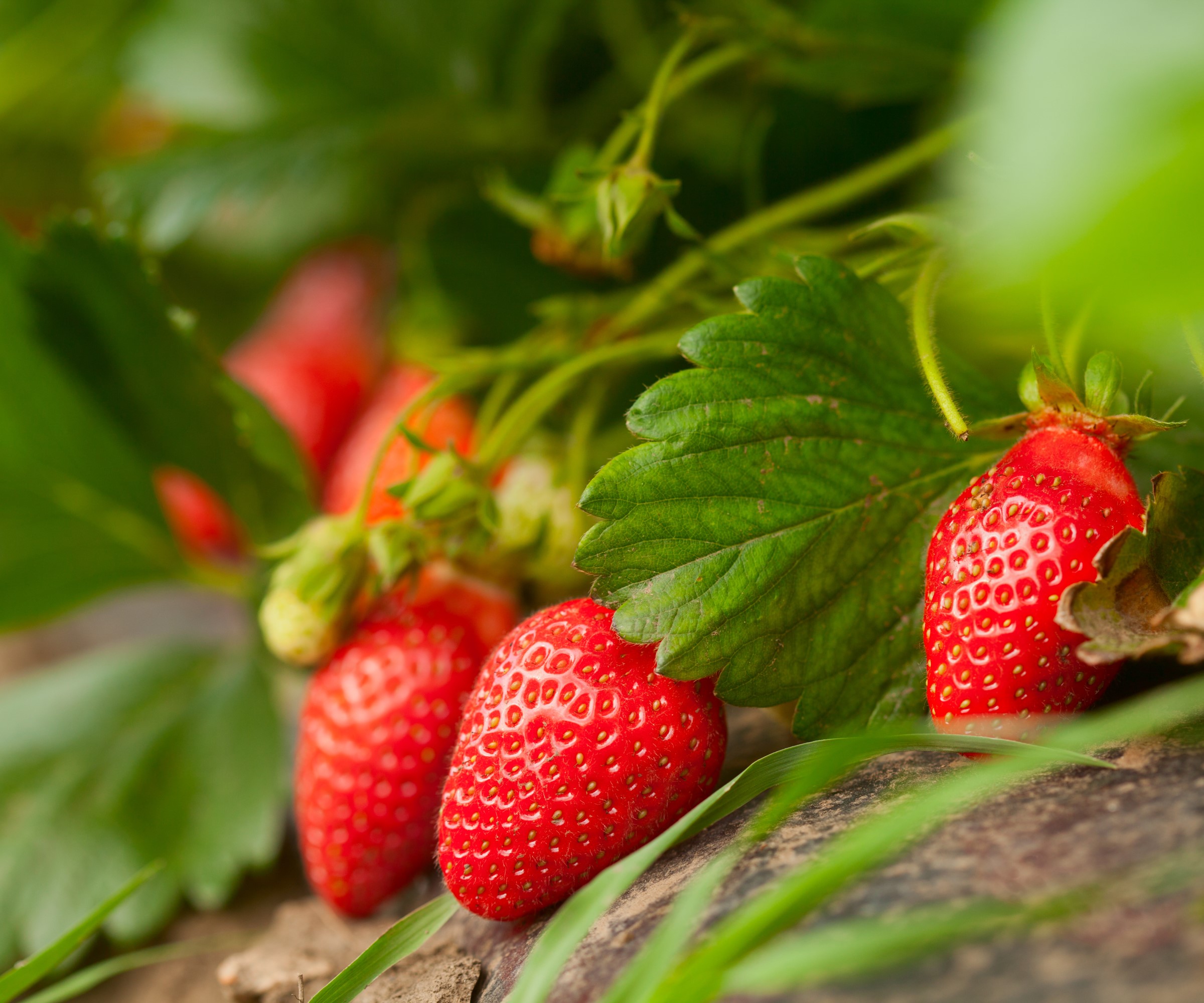
If you are growing strawberries from seeds, they will benefit from a late winter start. However, it is important to remember that strawberries are very slow-growing and won't produce fruit in the first year. If you are impatient and want to enjoy a delicious crop of berries this summer, you can buy runners and small plants once they become available in nurseries, which will crop in the first year.
Plant strawberries in well-drained soil and position them in a sunny spot, which gets at least 6 to 8 hours of sunshine a day. They can also be grown in containers, which is a good idea for smaller yards.
If you want to grow something unusual for 2025, try the 'Purple Wonder' strawberry, with live plants available from Burpee. This is the first purple-colored strawberry, and it will certainly be a talking point when sampled by friends and family in summer.
9. Apple tree
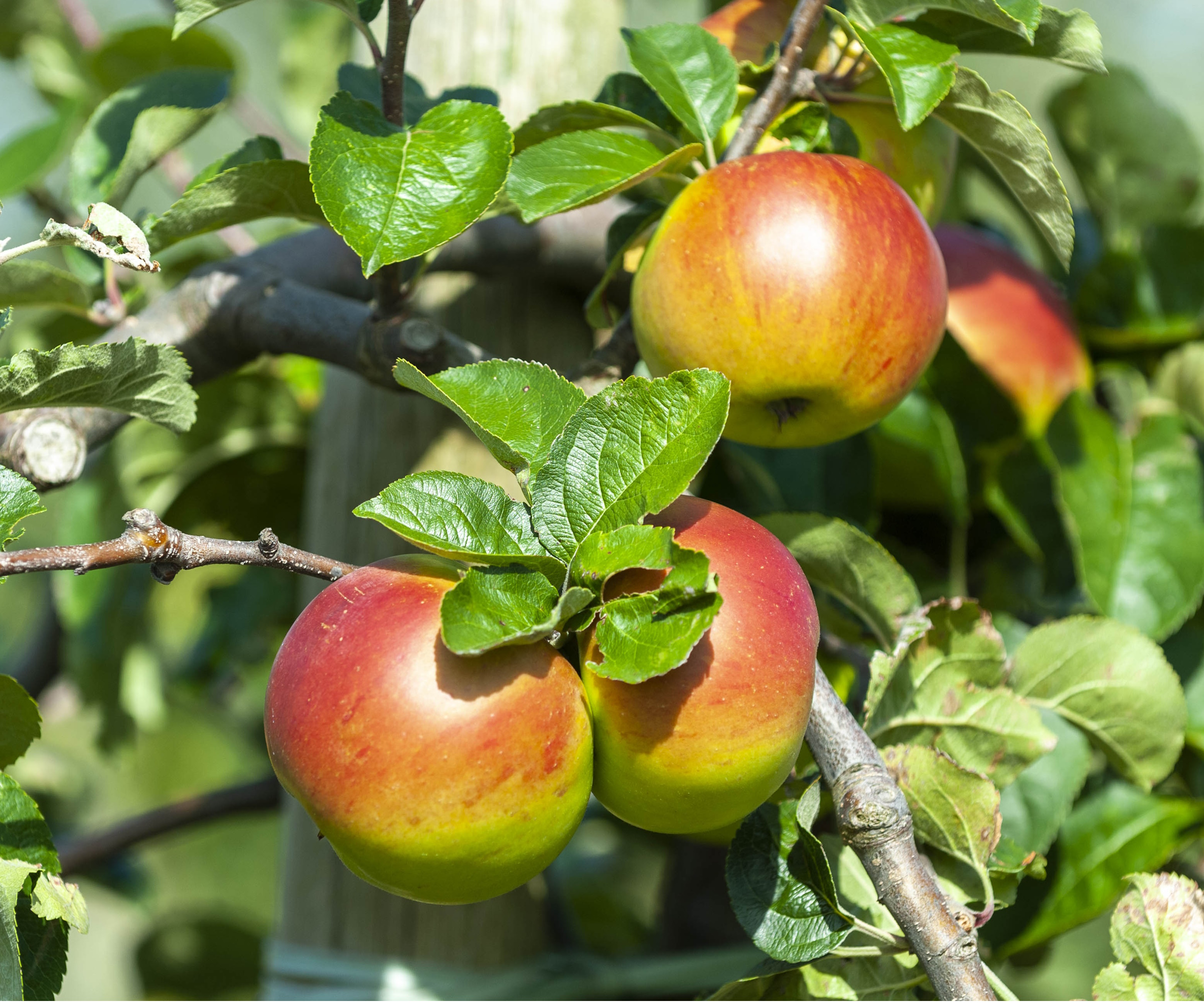
Apple trees can be planted from November through to March. All apple species prefer moist, well-drained soil in full sun or partial shade. There is a huge range of different apple varieties, so you will be able to find one suited to your US hardiness zone. For example, some varieties can be planted as low as zone 3, including 'Honeycrisp' and 'Honeygold', which can tolerate prolonged cold weather and freezing winter weather.
For a traditional and popular species, try growing 'Gala' apple trees, with live plants available to order from Perfect Plants Nursery.
FAQs
Can I sow snapdragon seeds in March?
Snapdragon seeds can be sown in March but this should be indoors, where they are safe from cold weather. You should only move young plants outside after the last frost, usually in April or May. For a new variety that has only just launched in 2025, try growing snapdragon 'Opus Appleblossom', with seeds available from Burpee. With pink and white flowers, this snapdragon is sure to be popular with flower enthusiasts this year.
If you are planting fruit trees, bushes or smaller plugs too, it is always a good idea to complete a spot of mulching to give your plant the best chance of success. Apply a thick one to two-inch layer of mulch to the top of the soil, which will help to retain moisture and suppress weeds during the growing season.

Thomas is a Content Editor within the Gardens Team at Homes and Gardens. He has worked as a professional gardener for both public spaces and private estates, specializing in productive gardening, growing food and flowers. Trained in Horticulture at the Garden Museum, he has written on gardening and garden history for various publications, including The English Garden, Gardens Illustrated, Hortus, The London Gardener and Bloom. He has co-authored a Lonely Planet travel book, The Tree Atlas, due out in 2024.





